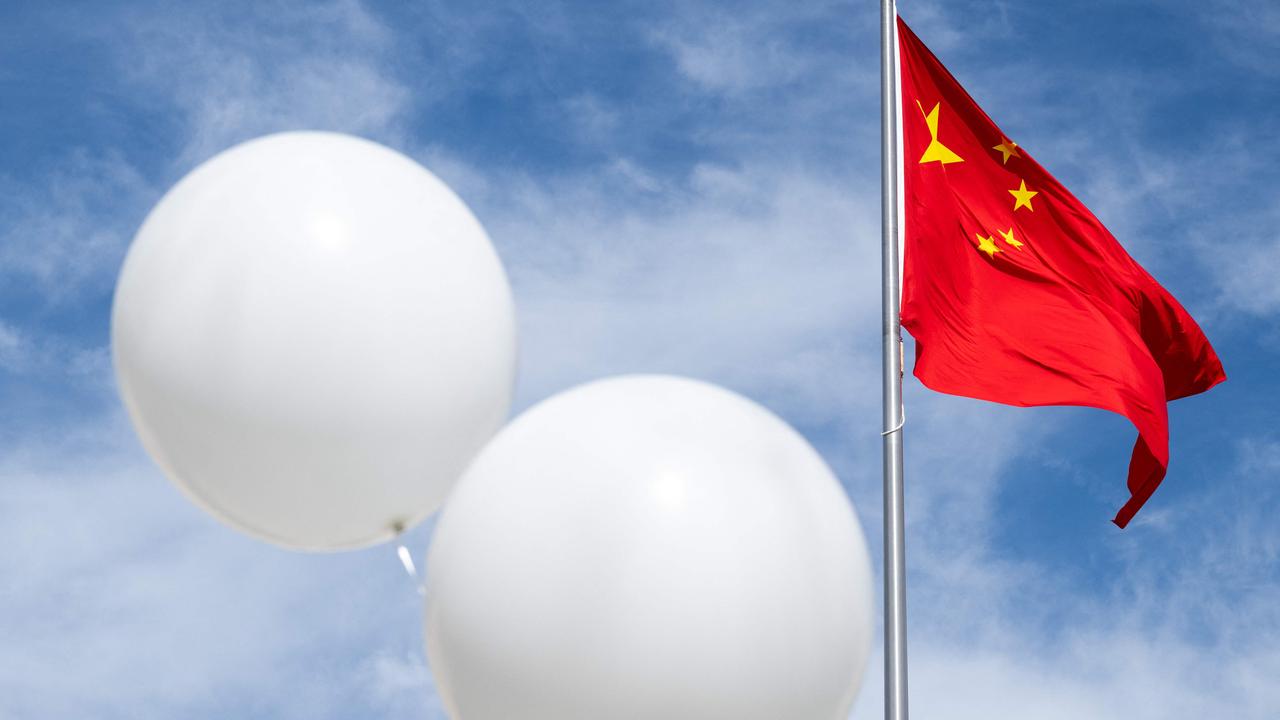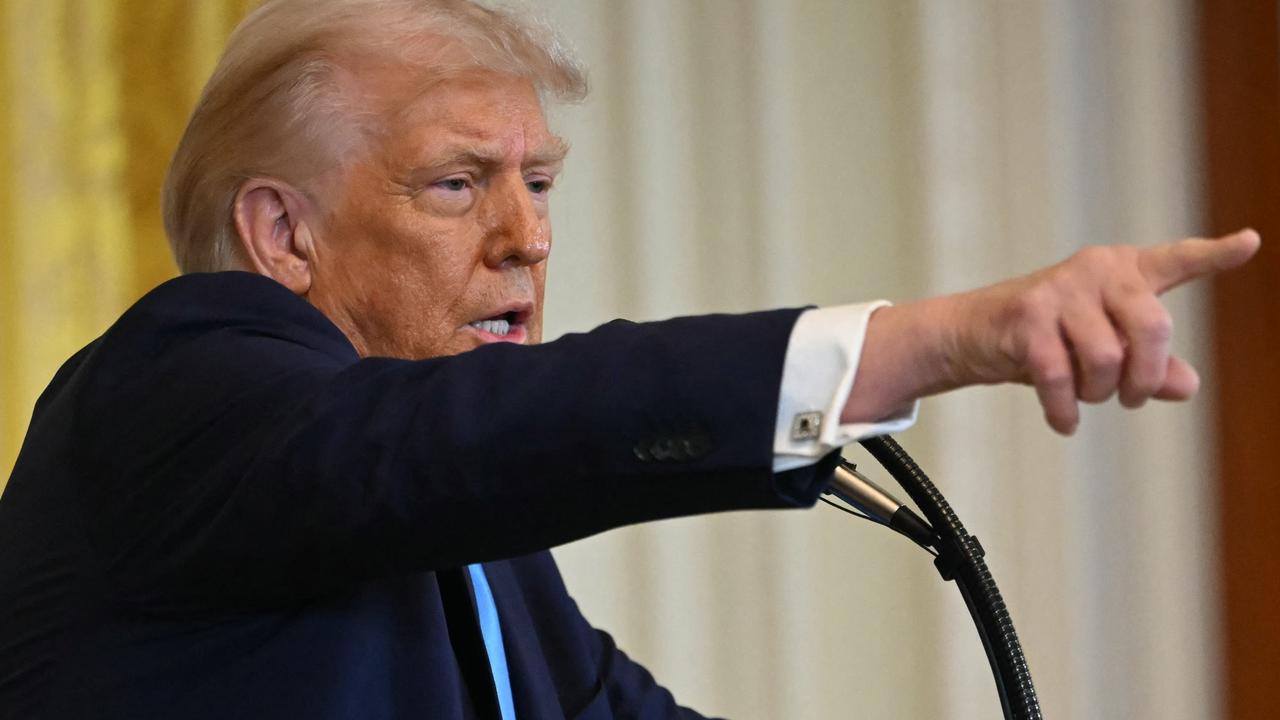Kim Jong-un’s slain half brother, Kim Jong-nam, was a CIA informant
Surprising meetings between Kim Jong-nam and an intelligence agency have been revealed.
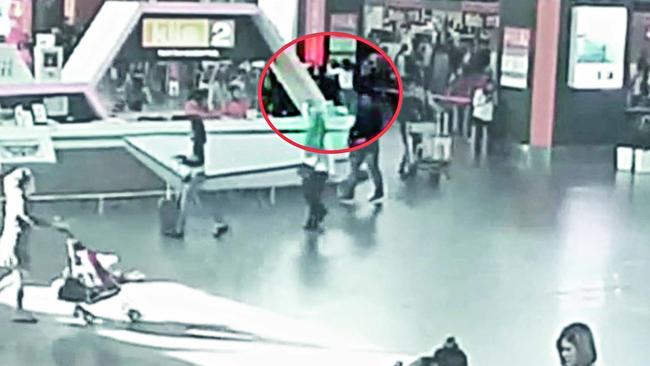
Kim Jong-nam, the slain half brother of North Korea’s leader, was an informant for the Central Intelligence Agency who met on several occasions with agency operatives, a person knowledgeable about the matter said.
“There was a nexus” between the US spy agency and Mr Kim, the person said. Mr Kim, the half brother of North Korean leader Kim Jong-un, was killed in Kuala Lumpur International Airport in Malaysia in February 2017, when two women smeared his face with the nerve agent VX. US and South Korean officials have blamed the attack on North Korea, which it denies.
Many details of Mr Kim’s relationship with the CIA remain unclear. Several former US officials said the half brother, who had lived outside of North Korea for many years and had no known power base in Pyongyang, was unlikely to be able to provide details of the secretive country’s inner workings.
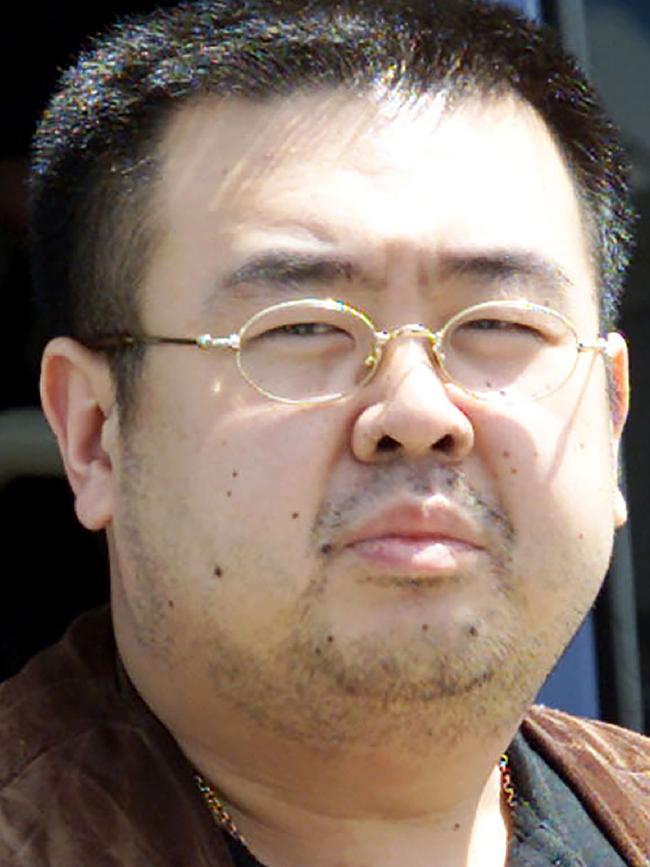
They also said Mr Kim — who resided mainly in the Chinese enclave of Macau — was almost certainly in contact with security services of other countries, particularly China’s. The CIA declined to comment. Chinese officials didn’t respond to a request for comment.
The fact that the CIA held meetings with the North Korean leader’s exiled half brother illustrates the lengths US intelligence will go to gather information about the hermetic country.
There has been speculation among former US officials and analysts that outside countries, including China, saw Kim Jong-nam as a possible successor to Kim Jong-un should the latter’s rule be in danger. But US intelligence agencies concluded Kim Jong-nam was ill-suited to fill such a role, several former US officials said.
News of the CIA’s relationship with Kim Jong-nam comes as nuclear diplomacy between the US and North Korea is at a standstill following a February summit in Hanoi between Kim Jong-un and President Trump that ended without an agreement.
US intelligence officials at first felt relief that the CIA’s interaction with Mr Kim wasn’t exposed in the immediate aftermath of his killing, the person knowledgeable about the situation said. But three months after his death, in May 2017, the Japanese newspaper Asahi Shimbun reported that while in Malaysia, Kim Jong-nam met with a Korean-American whom Malaysian officials suspected was a US intelligence officer.
Mr Kim’s role as a CIA informant also is described in a book about Kim Jong-un, “The Great Successor,” written by a Washington Post reporter and due to be published on Tuesday, according to news reports citing excerpts of the book. The Wall Street Journal hasn’t seen a copy of the book.
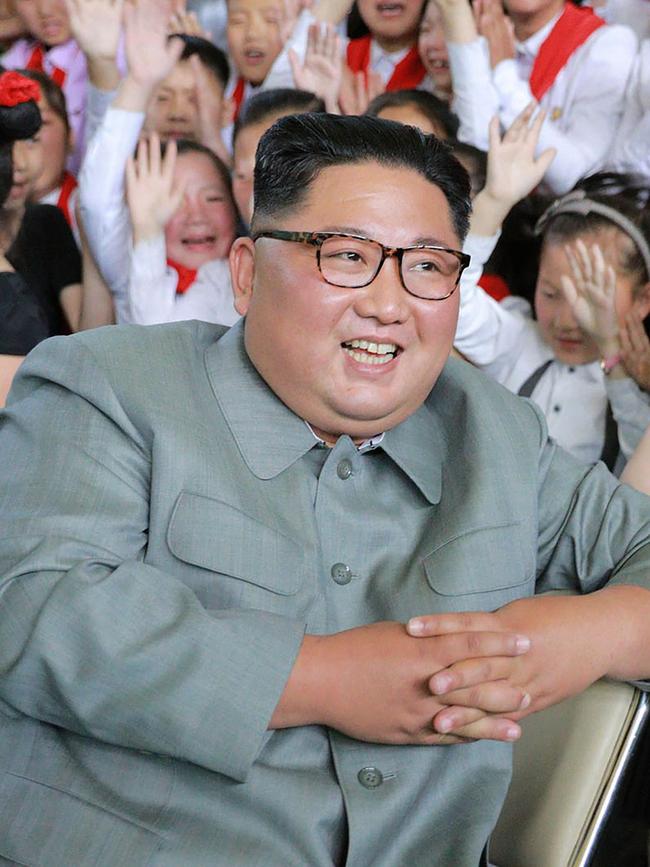
Mr Kim travelled to Malaysia in February 2017 to meet his CIA contact, although that may not have been the sole purpose of the trip, the person knowledgeable about the matter said.
Police testified during the trial of the two women that Mr Kim had spent several days on the resort island of Langkawi, where he met with an unknown Korean-American man at a hotel.
Malaysia in May released from prison a Vietnamese woman, Doan Thi Huong, who was charged in Mr Kim’s killing. Her co-defendant, Siti Aisyah from Indonesia, was freed in March.
After Mr Kim’s killing, his son Kim Han-sol — who is the North Korean leader’s nephew — and other family members were spirited out of Macau by a group of North Korean dissidents known as Cheollima Civil Defense, the group told The Wall Street Journal. Kim Han-sol’s current location isn’t known.
The CIA has long taken an intensive interest in North Korea, although its totalitarian culture, and the lack of a US embassy there, makes it one of the agency’s hardest targets. In May 2017, the spy agency announced it had established a Korea Mission Center to integrate work tracking the North’s ballistic missile and nuclear weapons programs.
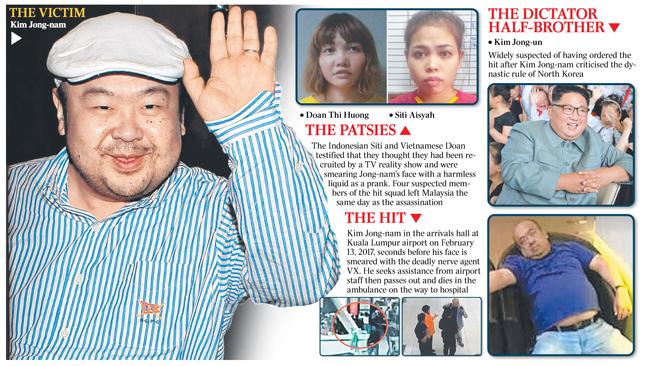
Joel Wit, a former State Department official and senior fellow at the Stimson Center think tank, said the CIA occasionally has had useful sources among North Korean defectors who supplied information on topics like the country’s weapons program and missile exports.
More frequently, he said, “My experience has been that the CIA has repeatedly thought that it had well-placed sources in North Korea, human sources, that really knew what was going on … Those sources have more often than not proved to not know what’s going on.” US intelligence officials have met secretly with North Korean counterparts over the past decade in a channel used for communicating during crises, releasing US detainees and paving the way for Mr Trump’s first summit with Kim Jong-un in Singapore in June 2018.
The agency has also tried to glean all it can about Kim Jong-un, who assumed office while in his late 20s after the death of his father, Kim Jong-il, in 2011. US intelligence and military officials concluded in a 2017 assessment that the North Korean leader, while brutal and brash, is a rational actor.
Kim Jong-nam was Kim Jong-il’s eldest son, and for a while it appeared he was being groomed to succeed him. But he fell from favour in the early 2000s.
The Wall Street Journal

